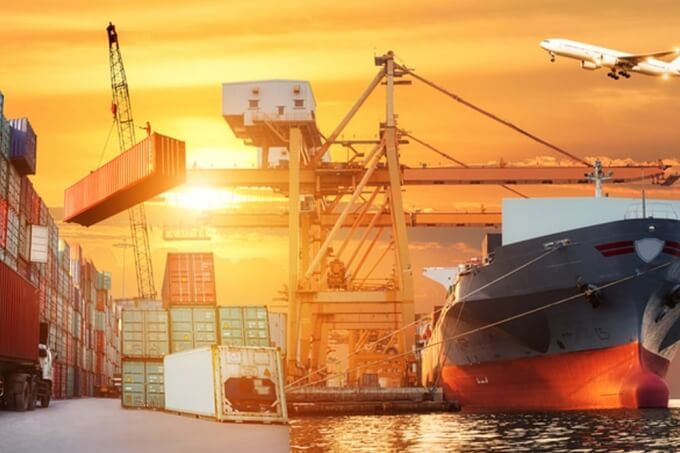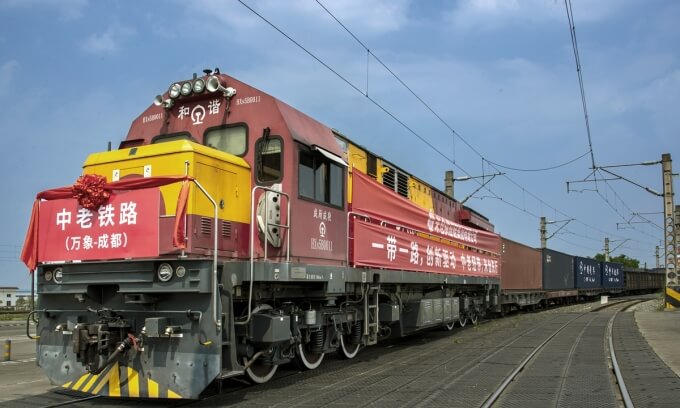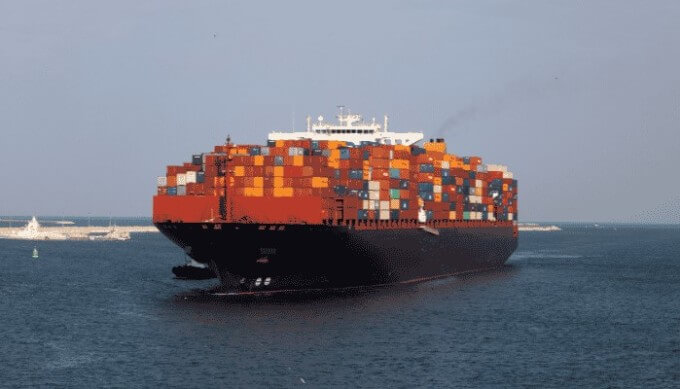The logistics industry may lack human resources and multi-channel shipping as well as face hackers, universal adoption of RFID and cloud, and how to go towards sustainability.
Depending on the logistics model (1PL, 2PL, 3PL or 4PL), different trends may occur in the future. 4PLK service providers will manage all operations related to the supply chain such as storage, process, purchasing and distribution. Many shipping models by road, air, water and rail will all transform as new technologies and consumer demands will “revolutionize” this industry.
Varying in each region
Currently, the fastest growing logistics market is Asia-Pacific. This pace is expected to accelerate as more and more consumers in that region become wealthier. It means that emerging countries such a China, India, Japan, Malaysia and Indonesia will experience outstanding growth in the coming years.
In Europe, the stability of supply chains is now under threat due to rising tensions between Western nations and Russia as the Russia – Ukraine war drags on. In the long run, the outcome of the war could determine the further alienation by Russia from Europe and its continued focus on Asia.
North America remains the largest market and continues to grow strongly. In particular, Latin America and African countries such as Nigeria and South Africa are experiencing outstanding growth. The growing technology industry in Argentina and Brazil also shows a lot of potential for the logistics service market here.
Multi-channel shipping
Multi-channel shipping is different from traditional shipping because it facilitates the movement of goods across multiple channels. Instead of just shipping goods across borders, a single warehouse can provide global returns, packaging and shipping.
The growth and expansion of multi-channel shipping can be attributed to the “Amazon effect”. Accordingly, brick-and-mortar retailers offer more multi-channel touchpoints to increase customer loyalty. Multi-channel shipping also provides a seamless shopping experience, either in person on online, to the customers.
Compliance with the globalization process
More regulations and laws will be expanded to facilitate global trade. Therefore, logistics service providers must be aware of the changes affecting their markets, in which it is necessary to check the data, the provision of their data transmission, and the customer data throughout the logistics process. Finally, the providers must update their data regularly to stay competitive.
Manpower shortage
In the future, the number of unemployed workers is projected to increase, reshaping the social structure of global economy dramatically. The demand for higher wages, better working conditions and the opportunity to work remotely is a driving force for many workers. Therefore, logistics companies must respond and adapt upon the appearance of manpower shortage.
Hacker
In the past year, cyber attacks increased by more than 30% compared to the past. These attacks often focus on the supply chain, especially for companies providing logistics services. 3PL and 4PC logistics companies are especially at risk because they serve many potential services such as healthcare, consumption, … In order to avoid these risks, logistics companies should continue to invest and reinvest in network security.
Impact from COVID-19
Although the COVID-19 pandemic began in 2020, the global economy has been still fluctuating and is expected to continue for may years. Businesses will need to find ways to adjust and eliminate costs to adapt and rebalance the quality of public health. As a reslt, these kinds of public health-related logistics disruptions will enable new opportunities to emerge, both in emerging markets and across regions.
RFID technology
Radio-frequency identification (RFID) technology is expected to continue to evolve. Although RFID has not brought many significant changes in recent times, recent advances have the ability to help logistics companies optimize routes and track goods in real time. Effective implementation of RFID technology will be key to supporting trucks, pallets and inventory, providing insights into the entire supply chain.
Cloud computing
Cloud technology is also important because it enables logistics companies to operate remotely across vast logistics networks. Continued adoption of cloud technologies and their integration into existing business models will support the further growth of the logistics market.
Sustainability
This is a key issue for global logistics and supply chains in the near future. Many global manufactures are incorporating sustainability into their business plans. Sustainability regulations should be stricter on emissions from transportation vehicles, cargo ship pollution monitoring and other issues.
Thanh Thu (according to Global Trade)
 Address: Room 512, TD Busines Building, Lot 20A, Le Hong Phong Street, Ngo Quyen District, Hai Phong
Address: Room 512, TD Busines Building, Lot 20A, Le Hong Phong Street, Ngo Quyen District, Hai Phong Email:
Email: 






 admin
admin 04 Jan, 2023
04 Jan, 2023




